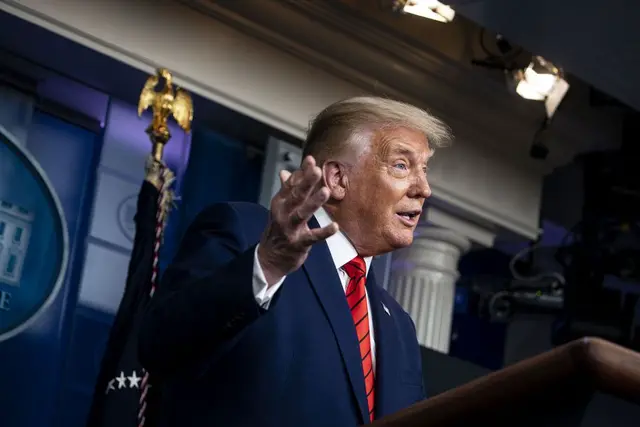Kenya's medics on Wednesday decried the government's level of preparedness to deal with the deadly Ebola virus which has killed more than 3,000 people in West Africa.
The Association of Kenya Medical Laboratory Scientific Officers (AKMLSO) said in Mombasa that the country is vulnerable to the outbreak due to the poor preparedness.
The association said the country has only one testing laboratory facility, the Kenya Medical Research Institute (KEMRI) in Nairobi that serves the whole country.
"The current public laboratories cannot sustain provision medical laboratory services, the government must increase funding for expansion and equipping public health laboratory as way increasing preparedness to deal with the disease outbreak," AKMLSO chairman Moses Lorre told journalists after week-long conference on Ebola.
The remarks come as a new economic impact assessment from the World Bank says that if the epidemic was to significantly infect people in neighboring countries, some of which have much larger economies, the two-year regional financial impact could reach 32.6 billion U.S. dollars by the end of 2015.
"As it is far from certain that the epidemic will be fully contained by December and in light of the considerable uncertainty about its future trajectory, two alternative scenarios are used to estimate the medium-term (2015) impact of the epidemic, extending to the end of calendar year 2015," WB notes in the report published on Wednesday.
With the latest death toll from Ebola now at 3,439 in the three worst-affected countries of Guinea, Liberia, and Sierra Leone, the WB says the economic impacts of Ebola are already very serious in the core three countries -- particularly Liberia and Sierra Leone - - and could become catastrophic under a slow-containment, High Ebola scenario.
The successful containment of Ebola in Nigeria and Senegal so far is evidence that this is possible, given some existing health system capacity and a resolute policy response.
Speaking in Mombasa, Lorre said the country's largest airport Jomo Kenyatta International Airport (JKIA) has no isolation room hence people suspected to have Ebola are transfer Kenyatta National hospital.
Lorre said the government has not done enough to invest of the diagnostic sector to enhance early detection of the disease.
He said there has been little or no sensitization of the public on what to avoid the virus and what to do once one has it.
The scientific officer said the laboratory scientists are the most vulnerable people because they handle the virus at the most infectious stage, the sample itself, yet they are not well trained on the matter.
He said Kenya is not comprised of Nairobi only and that if the capital is prepared, it does not mean all other parts of the country are also prepared.
Lorre said less than five percent of all medical laboratory scientists in the country have been trained by the government on the Ebola issue and how it must be handled.
AKMLSO editor Raphael Gikera, a virologist, said Kenya does not have a proper policy framework to deal with such outbreaks
The World Health Organization has classified Kenya as a "high- risk" country for the spread of the deadly Ebola virus.
Kenya was vulnerable because it was a major transport hub, with many flights from West Africa, a WHO official said. He said though the government has tried to put measures in place to address the Ebola issue, it can do better.
The Ministry of Health assured Kenyans that there was no need for panic, as no case of Ebola had been confirmed in the country. Enditem
 简体中文
简体中文

